Genetics of cardiomyopathy risk in childhood cancer survivors differ by age of onset, study shows
Powered by WPeMatico
Powered by WPeMatico
Powered by WPeMatico
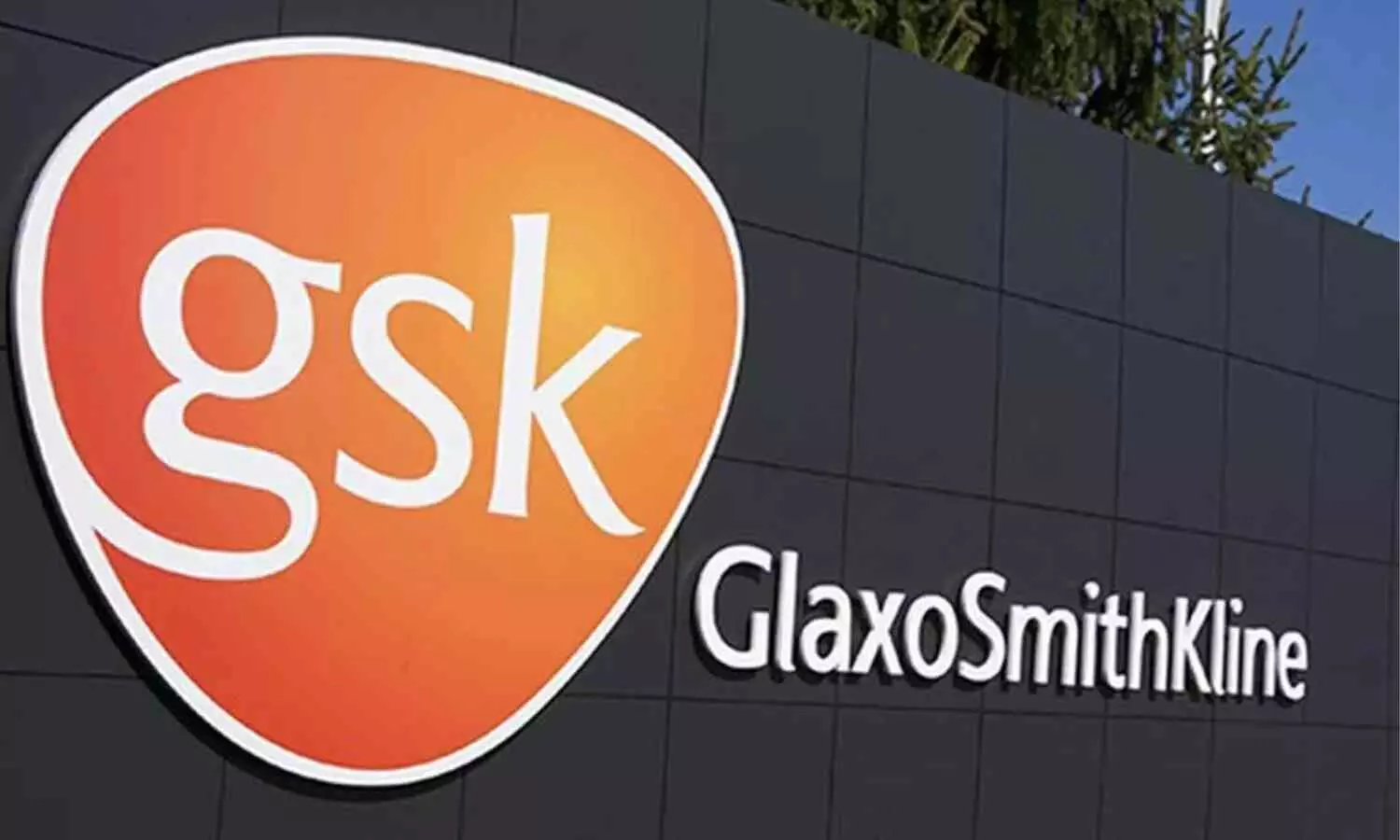
GSK plc has announced that Japan’s Ministry of Health, Labour and Welfare (MHLW) has accepted the company’s regulatory application to expand the use of its adjuvanted recombinant respiratory syncytial virus (RSV) vaccine to include adults aged 18-49 at increased risk of severe RSV disease.
Arexvy was the first vaccine approved in Japan for adults aged 60 years and older for the prevention of RSV disease, and for those aged 50 years and older at increased risk for severe RSV disease.
RSV is a common, contagious virus affecting the lungs and breathing passages impacting an estimated 64 million people of all ages globally every year. RSV can exacerbate certain medical conditions, and lead to severe illness resulting in hospitalisation and even death.
This regulatory submission is supported by positive results from phase IIIb trial NCT063894875 which showed a non-inferior immune response in adults aged 18-49 at increased risk for RSV-LRTD due to certain underlying medical conditions, to that observed in adults aged 60 and above. The safety and reactogenicity data were consistent with results from the phase III programme that supported the initial approval of the vaccine in Japan.
Regulatory submissions to expand the indications for the RSV vaccine continue in other geographies including the US and Europe.
Respiratory syncytial virus vaccine, adjuvanted, contains recombinant glycoprotein F stabilised in the prefusion conformation (RSVPreF3). This antigen is combined with GSK’s proprietary AS01E adjuvant.
The MHLW has approved GSK’s RSV vaccine for the prevention of RSV (respiratory syncytial virus) disease for adults aged 60 years and above and adults aged 50 and older who are considered at increased risk of severe RSV disease. The use of this vaccine should be in accordance with official recommendations. As with any vaccine, a protective immune response may not be elicited in all vaccinees.
The GSK proprietary AS01 adjuvant system contains STIMULON QS-21 adjuvant licensed from Antigenics Inc, a wholly owned subsidiary of Agenus Inc. STIMULON is a trademark of SaponiQx Inc., a subsidiary of Agenus.
Powered by WPeMatico

Coimbatore: The District Consumer Disputes Redressal Commission (DCDRC) in Coimbatore recently directed a private hospital to pay Rs 6.35 lakh to a patient who contracted Hepatitis B after undergoing a blood transfusion at the hospital while being admitted there for delivery.
While considering the consumer complaint filed by the woman, the District Consumer Court directed the hospital to pay Rs 5 lakh as compensation and Rs 1.35 lakh towards medical expenses for the patient, who developed liver-related complications after contracting Hepatitis B. Apart from this, the hospital has also been directed to pay Rs 5000 as litigation expenses.
During her pregnancy, the patient, who hails from Coimbatore, visited the hospital on Puliakulam Road for regular check-ups to ensure that her baby was healthy. When she visited the facility on October 3, 2022, she was advised to undergo a blood test; the report showed that the presence of HBsAg (Hepatitis B surface antigen) in her blood was non-reactive.
Consequently, on May 2, 2023, the child was born, and during the postnatal period, the patient experienced a blood loss of 1,000 ml. Therefore, the attending doctor arranged for a transfusion of one unit of packed red cells from the hospital’s blood bank. Later, she was discharged on the same day.
Also Read: SC raises concerns over High-risk Label for Transgender blood donors
As per the latest media report by the Times of India, after getting discharged from the hospital, the patient started experiencing joint pain and consulted another hospital for treatment. The treating doctor at the second hospital advised a blood test, which the patient underwent on August 1, 2023. However, she was shocked to find that the blood test report showed that she was HBsAg positive. This confirmed that the patient had contracted Hepatitis B.
The patient claimed that between April 30 and August 1, 2023, she was not admitted to any other hospital apart from the one on Puliakulam Road. She did not even take any medication from any other hospital. Further, she submitted that before being diagnosed with Hepatitis B, she never suffered from jaundice or any liver-related disease.
TOI has reported that due to the illness, the patient’s liver was affected, and this caused trauma to her entire family. Following this, the patient filed a complaint with the Coimbatore District Consumer Court. The Commission president, R Thangavel and members P Marimuthu and G Suguna directed the hospital to compensate the patient by paying Rs 1.35 lakh as medical expenses and Rs 5 lakh as compensation for the mental agony and emotional trauma caused by the hospital’s negligence and deficiency in service.
Also Read: Pregnant Woman Dies After suspected Blood Transfusion mix-up at SMS Hospital
Powered by WPeMatico
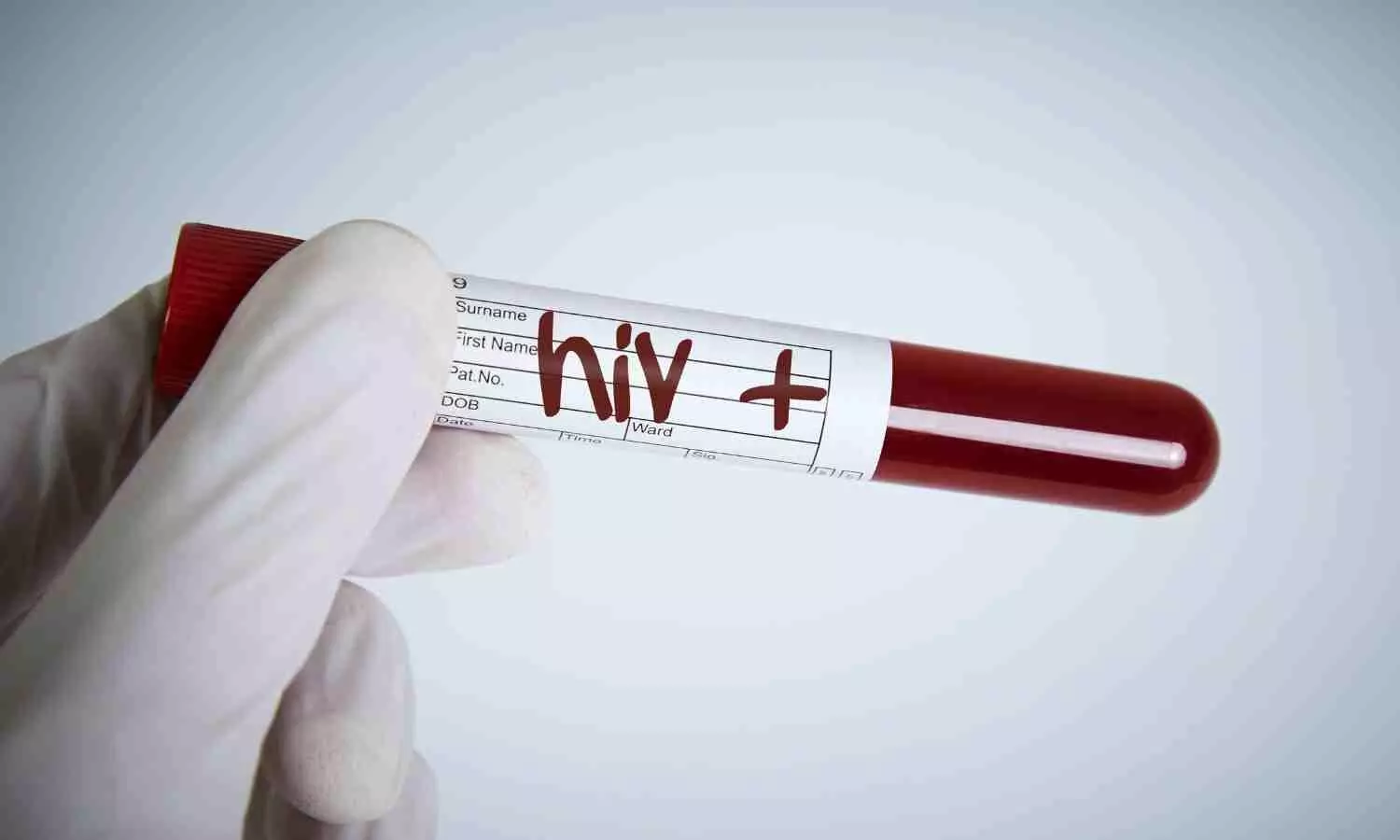
Aizawl: Mizoram Health Minister Lalrinpuii has called for urgent and coordinated efforts to address the state’s HIV crisis, as Mizoram continues to record the highest HIV prevalence rate in India at 2.73%.
Speaking at the governing body meeting of the Mizoram State AIDS Control Society (MSACS) in Aizawl on Wednesday, Lalrinpuii, who also chairs the society, said the situation leaves no room for complacency and requires intensified intervention across sectors, news agency UNI reported.
MSACS Project Director Dr Jane Rinzuali Ralte informed the meeting that 2,069 new cases of People Living with HIV (PLHIV) were registered at the state’s 14 Antiretroviral Therapy (ART) centres during 2024–2025. Of those receiving treatment, 97.7% have achieved viral suppression, meaning they can no longer transmit the virus to others, she said.
Also Read:8 Mizoram Govt Health facilities receive NQAS Certification
While Mizoram remains at the top in terms of HIV prevalence, Ralte noted a steady decline in new cases over the past five years, describing it as a positive trend, though far from satisfactory.
According to a UNI report, as part of its multi-pronged response, MSACS conducted HIV testing and treatment literacy campaigns in de-addiction centres, along with intensive Information, Education and Communication (IEC) outreach across all 11 districts last year. Candlelight vigils were also held in memory of those who lost their lives to HIV/AIDS.
Ralte added that the Mizoram State Blood Transfusion Council (MSBTC) had won the prestigious ‘Excellence in Blood Donation 2023–24’ award, being recognised as the best-performing council in the entire Northeast.
Medical Dialogues had earlier reported that eight government health facilities in Mizoram have been newly ranked among the best-performing public hospitals in India under the National Quality Assurance Standards (NQAS).
According to Dr Lily Chhakchhuak, Mission Director of the National Health Mission under the Health & Family Welfare Department, the newly accredited facilities include Kawnpui PHC (91.42%), Pangzawl PHC (96.26%), Chhingchhip PHC (93.80%), Hrangchalkawn UPHC (93.35%), Lungsen PHC (88.22%), Cherhlun PHC (89.66%), Sangau PHC (89.03%), and Chhuarlung PHC (95.30%).
Also Read:HMPV Virus Cases: Mizoram forms Committee to address rising concerns
Powered by WPeMatico

Mumbai- A case of medical admission fraud has come to light from Mumbai, where a woman was duped of Rs 45 lakh by promising to get a medical college seat for her daughter. However, Versova police have arrested one accused, and three others are still absconding.
The victim was identified resident of Andheri. She was looking for a medical seat for her younger daughter, who had scored 315 marks in the National Eligibility and Entrance Test (NEET).
Meanwhile, the accused have been identified as Meghna Santosh Satpute, Nitesh Pawar, Rakesh Gawade and a man called ‘Sawant Kaka’. Satpute was an acquaintance of of the victim.
According to a FreePressJournal Media news report, when she was looking for a medical seat for her daughter, her acquaintance Satpute contacted her. She claimed that she could get admission under the management quota in a medical college in Sindhudurg, Maharashtra.
The accused then introduced the victim to three other accused, who allegedly claimed to be trustees of the college and even claimed to be relatives of a senior BJP leader to win her confidence. After meeting them, the accused asked her to transfer Rs 45 lakh via NEFT and cash over a period of time. However, believing their claims, she transferred the money
Even after this, there was no talk about admission and when the mother started asking questions about the promised admission, the accused started threatening her and eventually broke all contact with the victim.
After this, she complained and an investigation revealed that the accused had no connection with the said medical college. After the complaint, Satpute was arrested, however, the police are now searching for three other accused. At present, the case has been registered, and further investigation is going on.
Powered by WPeMatico

West Cheste: Johnson & Johnson MedTech, has announced the launch of the Variable Angle Optimized Locking Technology (VOLT) Distal Radius (Wrist) and VOLT Proximal Humerus 3.5 Plating Systems in the U.S.
These address a critical gap in treating two common fractures. Designed to improve stability, enhance performance, expand surgical options and increase efficiency4†, both systems feature the same precision threaded locking technology introduced with the original VOLT Platform in 2024.
Fractures of the distal radius (near the wrist) and proximal humerus (upper arm near the shoulder) are among the most frequent osteoporotic injuries, especially in adults over age 65. Wrist fractures account for nearly 20% of all emergency departments cases[vii] and are the most common upper limb fracture. Proximal humerus fractures rank third among fragility fractures and represent nearly 6% of all adult cases, an incidence expected to rise with aging populations.
The VOLT Wrist Treatment System was designed in conjunction with the Hand Expert Group within the AO Technical Commission to treat a wide range of fractures.14‡ This system includes the VOLT Two-Column Distal Radius Rim Plate, which features a new plate shape that allows it to sit more distal to the target distal fragments.14‡ The plate profile is significantly less prominent in the area of the flexor pollicis longus region.14‡ These innovations are designed for both simple and complex fracture patterns.15,16¶
“The plate is less prominent14‡, sits more distal14§, and the round, tapered edges are designed to reduce the risk of soft tissue irritation,” said Amy Speeckaert||, M.D., Orthopedic, Hand and Upper Extremity surgeon in the U.S. “The VOLT™ Distal Radius Plates use the new instrumentation from the VOLT Mini Fragment System which offers an expanded range of implants for fracture reduction and fixation.1## The hooks of the VOLT™ Two-Column Distal Radius Rim Plate are designed to engage with volar lip where the ligaments meet the bone.”
Additionally, the VOLT Proximal Humerus 3.5 Plating System represents innovation in the treatment of upper arm fractures that involve the shoulder joint. This system adds the flexibility of variable angle locking5,6,7,8** and includes more plate length options. The plate also features suture holes that are designed for easier suture passage.20†† The VOLT Locking Screws have also been engineered with an atraumatic tip designed to reduce the risk of soft tissue irritation.21‡‡
“The new VOLT Proximal Humerus 3.5 Plating System provides more versatility and options1## with the integration of variable angle locking technology4†, redesigned suture holes20†† and broader plate22¶¶ selection,” said Harry Hoyen§§, M.D., Orthopedic and Hand surgeon in the U.S. and Simon Lambert||||, Orthopedic and Trauma surgeon in the U.K., who both serve on the Shoulder and Elbow Task Force within the AO Technical Commission.#
“The VOLT Wrist Treatment System and VOLT Proximal Humerus 3.5 Plating System are not only a testament to advanced engineering but also reflect a deep understanding of the needs of surgeons and patients,” said Aldo Denti, Company Group Chairman, Orthopaedics, Johnson & Johnson MedTech. “These innovations are designed to provide surgeons with the tools necessary to navigate the complexities of upper extremity fractures with confidence.”
The VOLT Distal Radius and Proximal Humerus 3.5 Plating System, are now commercially available in the U.S., with additional anatomic plating solutions expected to join the platform throughout the next several years.
Powered by WPeMatico
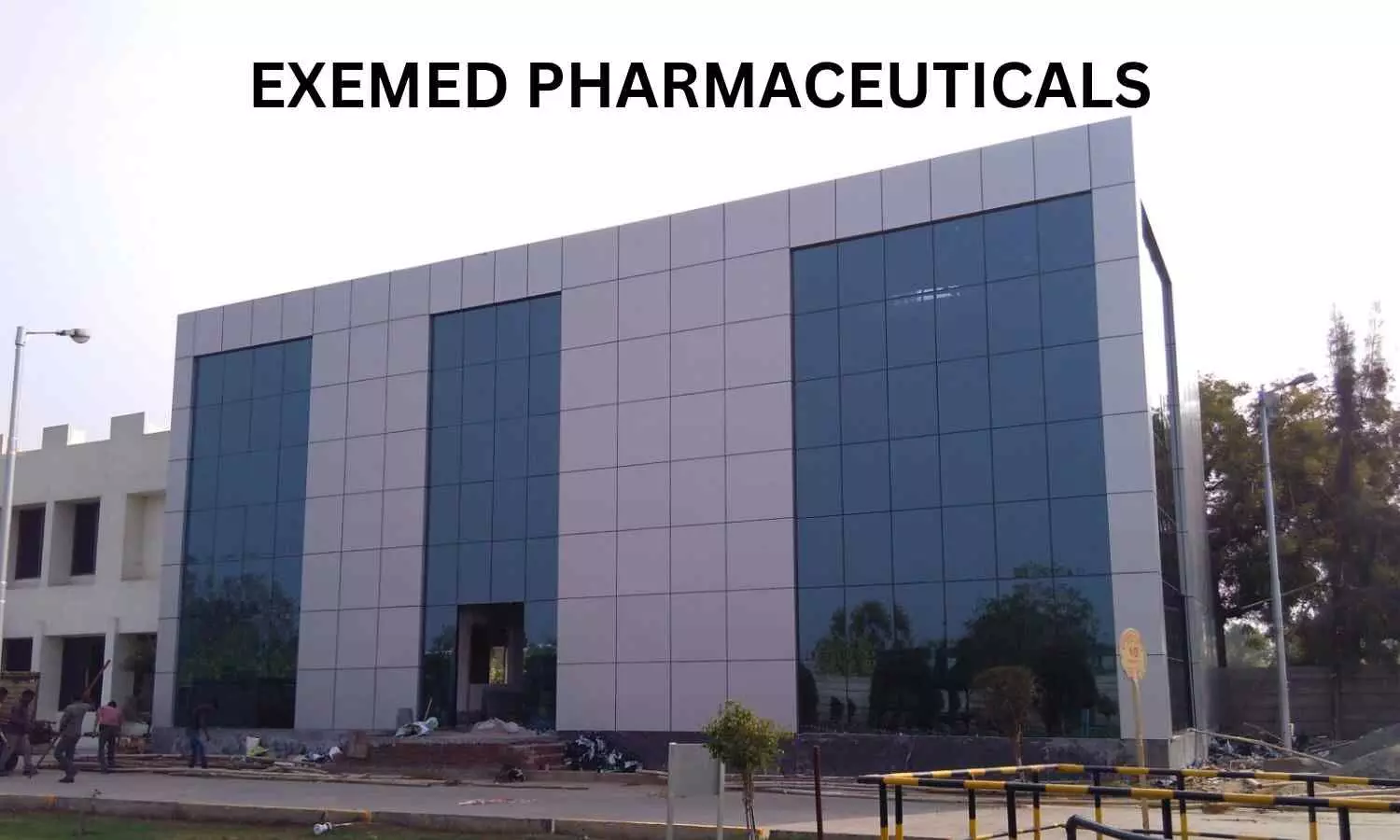
New Delhi: The Subject Expert Committee (SEC) under the Gastroenterology and Hepatology division of the Central Drugs Standard Control Organization (CDSCO) has recommended market approval for Elobixibat 5 mg tablets, following the review of bioequivalence (BE) study data submitted by Exemed Pharmaceuticals.
The recommendation came during the 7th meeting of the SEC (Gastroenterology and Hepatology) held on 12th June 2025 at the CDSCO headquarters in New Delhi.
Earlier, the committee had advised the firm on 20th December 2024 to submit bioequivalence data. In line with this, the company presented the BE study report for Elobixibat 5 mg. The committee also acknowledged that the formulation had already received approval for manufacture and marketing in India on 15th July 2024.
After a detailed evaluation of the bioequivalence data, the committee found the results satisfactory and recommended final market authorization for the product, paving the way for its commercial rollout across India.
Elobixibat is a first-in-class ileal bile acid transporter (IBAT) inhibitor, indicated for the treatment of chronic idiopathic constipation (CIC). Unlike conventional laxatives, it works by increasing bile acid flow into the colon, thereby enhancing colonic motility and secretion. This novel mechanism offers an alternative treatment option for patients unresponsive to standard therapies.
Exemed Pharmaceuticals, headquartered in Gujarat, is an emerging Indian pharmaceutical company specializing in oral solid dosages. Its expanding portfolio includes both generic and specialty medicines targeting gastrointestinal, cardiovascular, and metabolic disorders.
Powered by WPeMatico
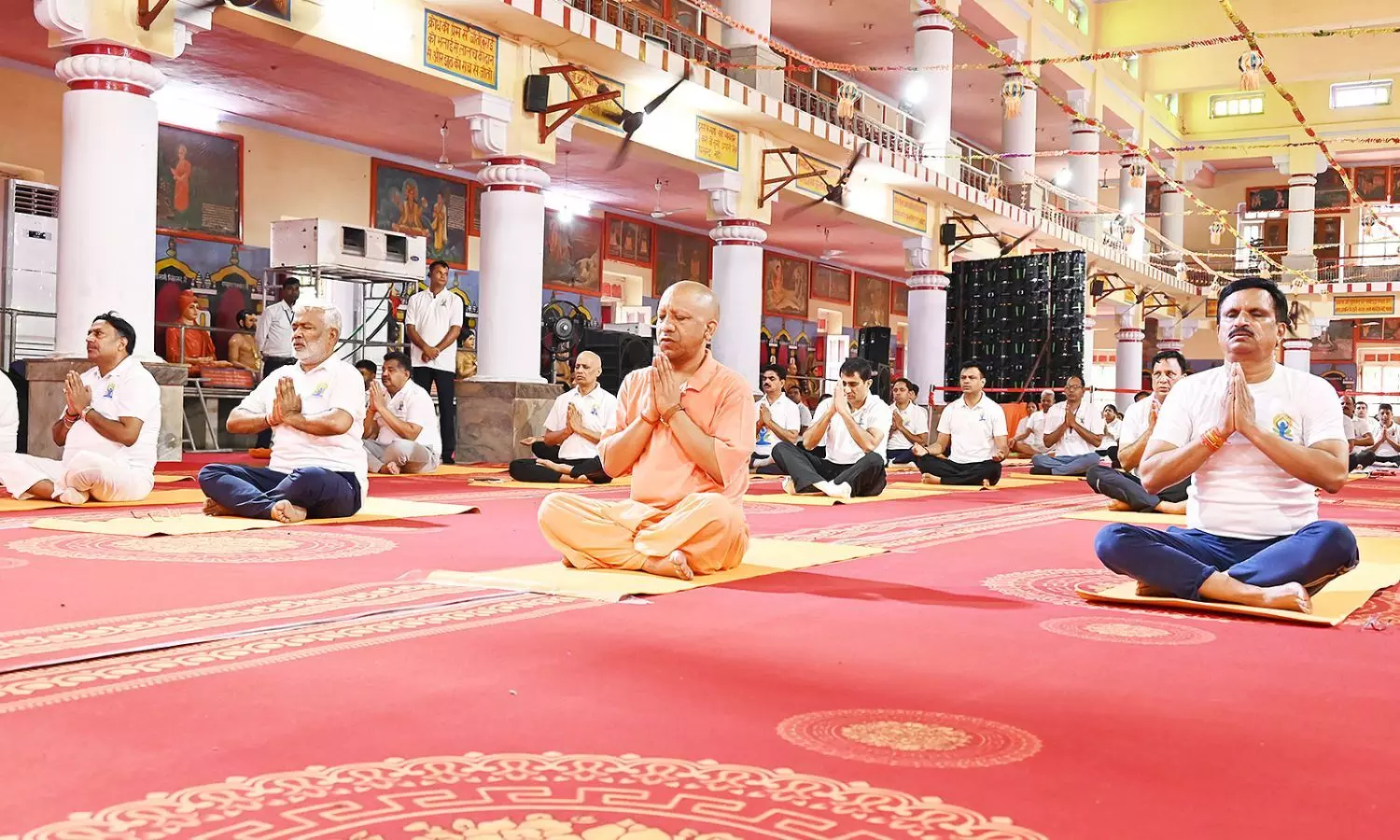
Gorakhpur: Uttar Pradesh Chief Minister Yogi Adityanath on Saturday extended heartfelt congratulations on the occasion of the 11th International Day of Yoga (IDY), urging citizens to incorporate yoga into their daily lives to build a healthier and more harmonious society.
Observed globally every year on June 21, the International Day of Yoga was first proposed by Prime Minister Narendra Modi in 2014 and swiftly adopted by the United Nations, garnering support from 177 countries. Since then, the day has become a global celebration of India’s ancient wellness tradition.
Taking to X, CM Yogi posted, “Hearty congratulations to the people of the state and all yoga practitioners on International Yoga Day! Yoga, the invaluable gift of India’s Rishi tradition, has shown the world the path to mental, spiritual and physical uplift”, news agency IANS reported.
“Come, let us participate in building a healthy society by making yoga a part of our daily routine,” he added.
Also Read:UP launches recruitment drive to fill 4,350 vacant posts in AYUSH Dept
The Chief Minister participated in a special yoga session organised at the Gorakhnath Temple in Gorakhpur, joining hundreds of participants who gathered to mark the occasion with collective practice.
Around the globe, people observed the International Day of Yoga by joining events focused on wellness, mindfulness, and sustainable living.
Prime Minister Narendra Modi led the national event to mark the 11th International Day of Yoga in Visakhapatnam.
Kicking off the IDY, the PM said that yoga gives the world the direction of peace at a time when it is witnessing conflicts, unrest and instability. He urged the international community to let this Yoga Day mark the beginning of yoga for humanity 2.0, where inner peace becomes global policy.
The Prime Minister, who performed the Common Yoga Protocol (CYP) along with over three lakh people at RK Beach, emphasised the importance of yoga in ensuring happiness and peace.
In a parallel event in Haryana, Chief Minister Nayab Singh Saini led a massive yoga session involving nearly one lakh participants on the banks of the sacred Brahma Sarovar in Kurukshetra.
This year’s Yoga Day theme focused on the role of yoga in enhancing not just physical and mental health but also environmental consciousness, echoing the global call for unity, well-being, and sustainable development.
Powered by WPeMatico
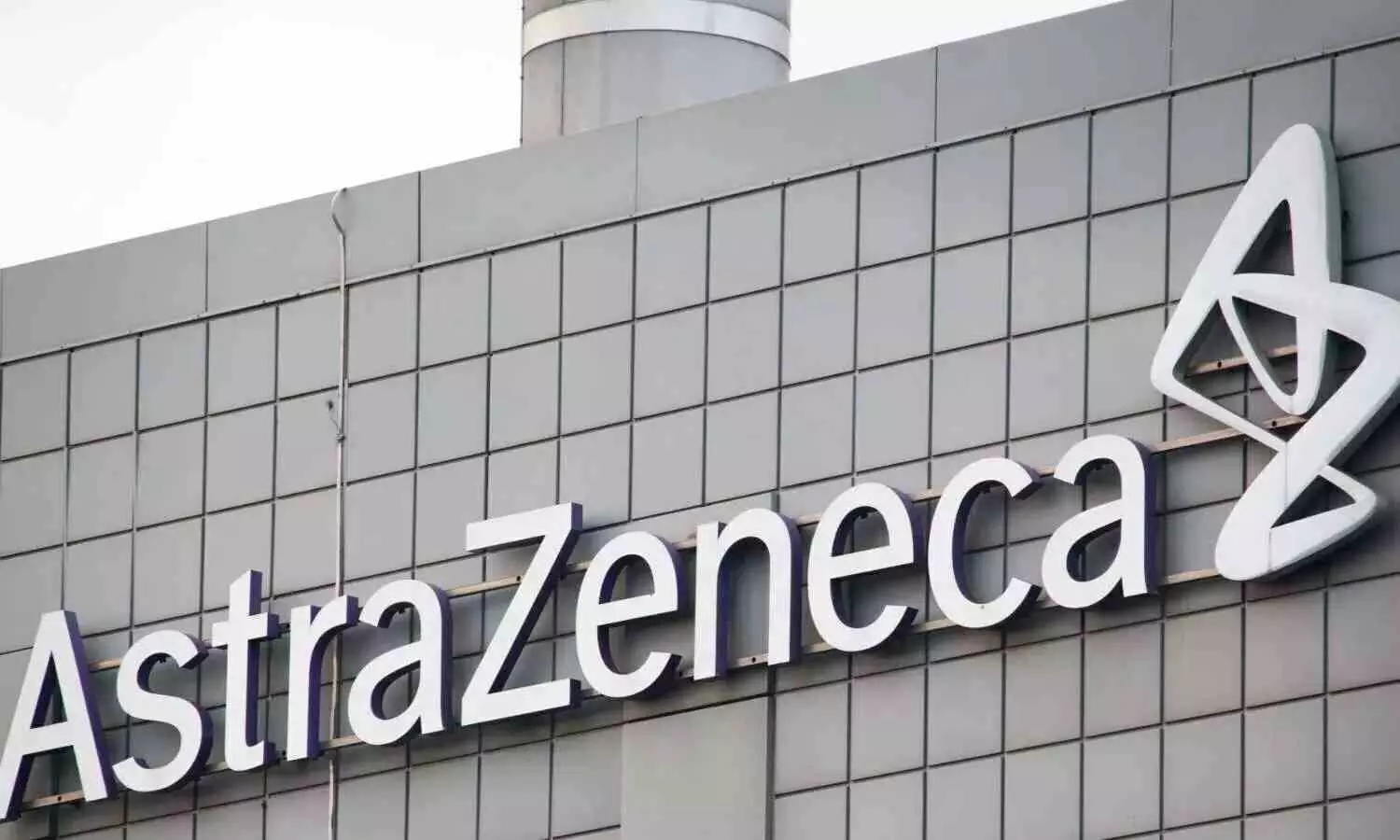
New Delhi: The Subject Expert Committee (SEC) under the Central Drugs Standard Control Organisation (CDSCO) has granted approval to AstraZeneca Pharma India Limited to conduct a Phase III clinical trial for its investigational cardiovascular drug AZD0780.
The decision came during the 9th meeting of the SEC (Cardiovascular), held on 12th June 2025 at the CDSCO headquarters in New Delhi. During the meeting, the company presented the Phase III clinical study protocol (Protocol No. D7960C00015, Version 1.0 dated 11 April 2025) along with the Local CSP Addendum IND-1: Version 1.0 dated 14 April 2025.
AZD0780 is a novel oral PCSK9 inhibitor—a small molecule drug designed to reduce low-density lipoprotein cholesterol (LDL-C) levels. Unlike existing PCSK9 inhibitors such as alirocumab and evolocumab, which are injectable biologics (monoclonal antibodies), AZD0780 is administered orally, offering a potentially more convenient treatment option for patients with cardiovascular risk.
The drug works by binding to a specific pocket in the C-terminal domain of the PCSK9 (Proprotein Convertase Subtilisin/Kexin Type 9) protein. This binding inhibits the interaction between PCSK9 and the LDL receptor (LDLR), thereby promoting the recycling of LDLRs to the cell surface. The result is enhanced clearance of LDL-C from the bloodstream, leading to lower cholesterol levels.
Following a detailed review, the expert panel found the trial design acceptable and recommended the grant of permission to proceed with the Phase III study as proposed by the company.
Also Read: CDSCO Panel Rejects Phase II Data for Reliance’s RelCoVax COVID-19 Booster Over Immunogenicity Gap
Powered by WPeMatico
